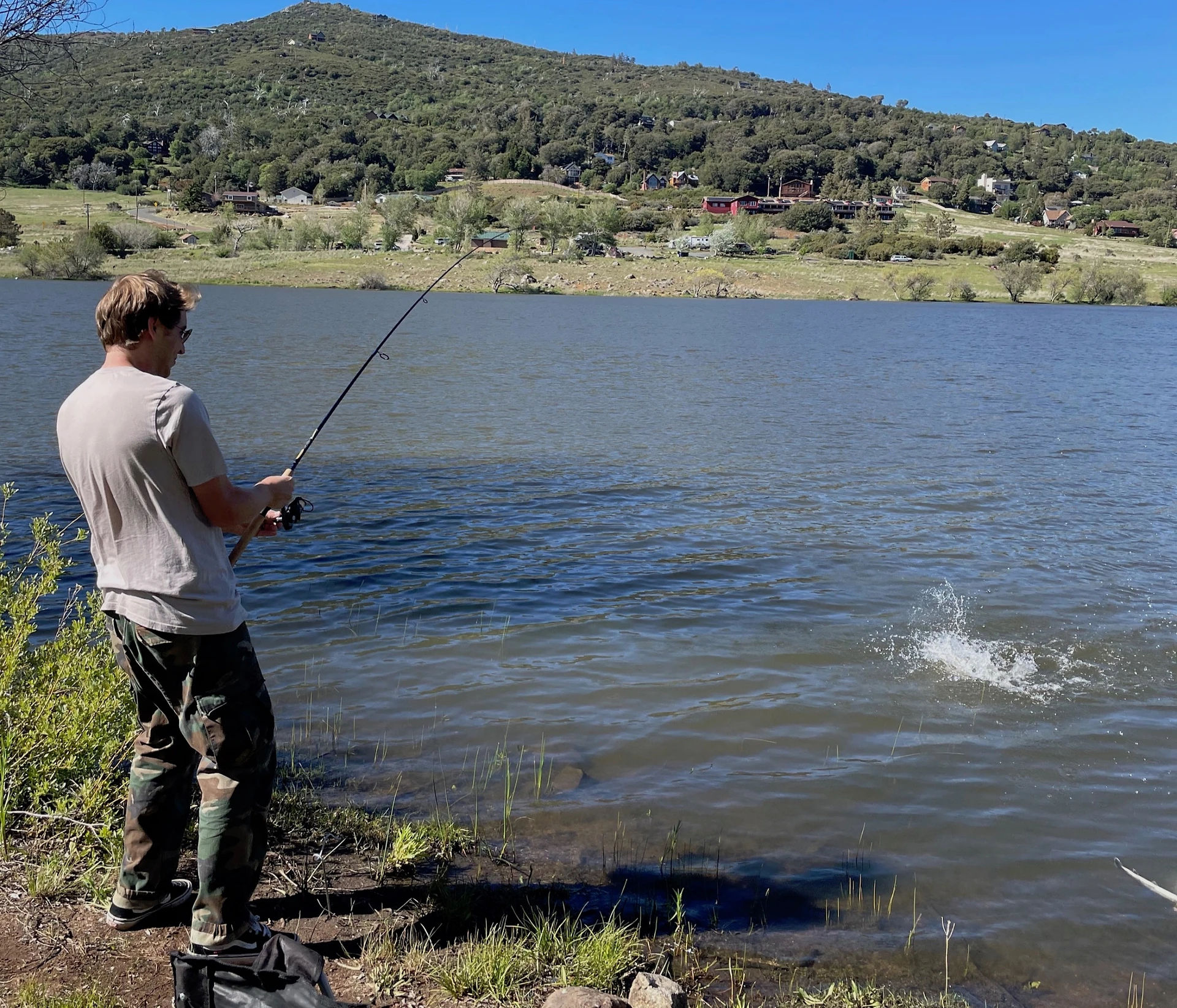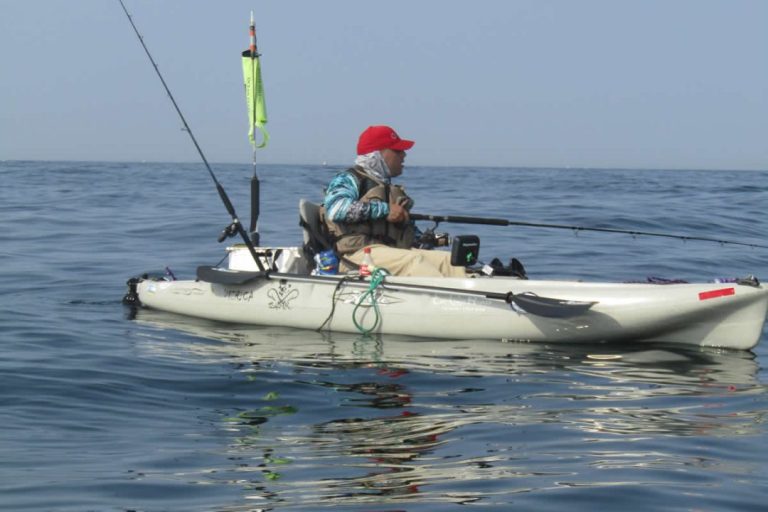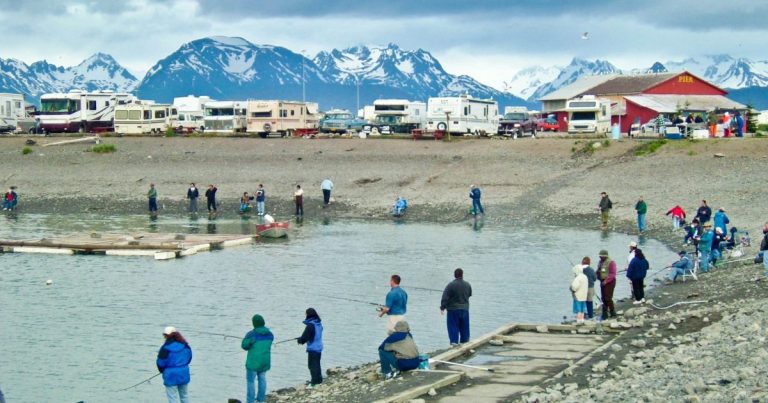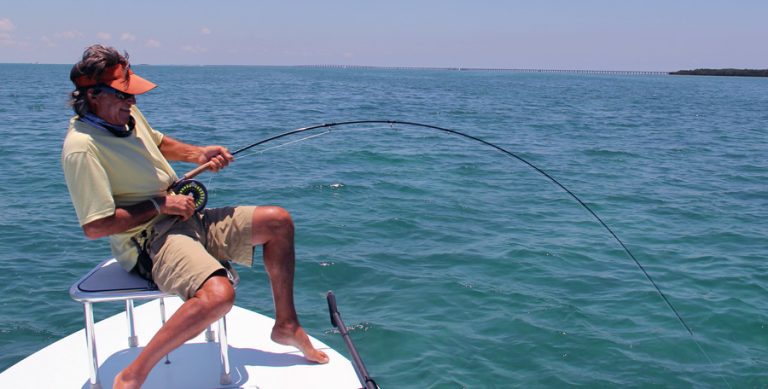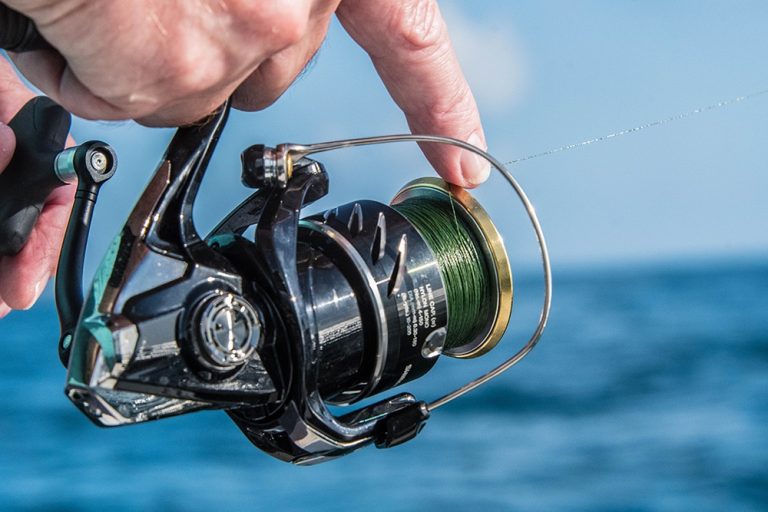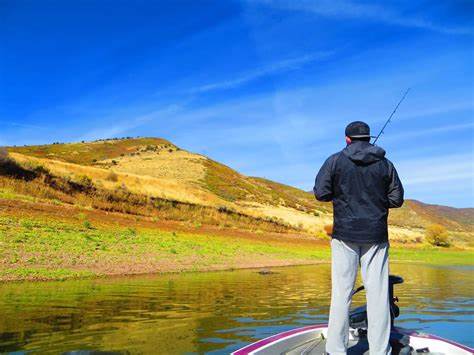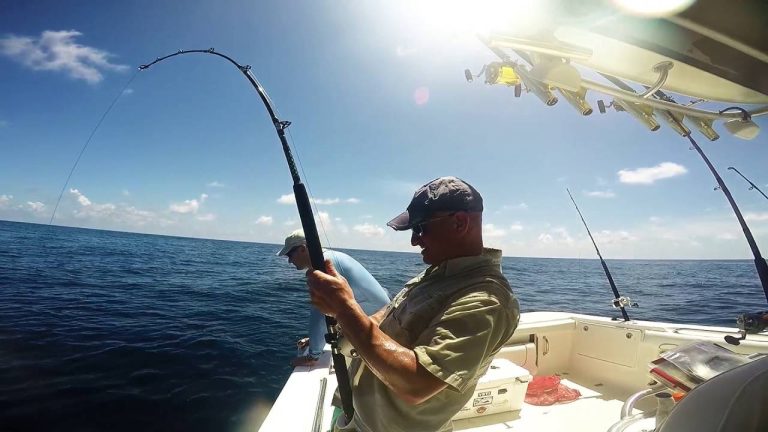Across the United States, disabled veterans qualify for significant fishing license benefits as a token of appreciation for their service and sacrifice. These benefits range from complete fee waivers to substantial discounts, with eligibility requirements varying by state. This comprehensive guide examines the fishing license benefits available to disabled veterans in all 50 states, helping veterans navigate the often complex landscape of license requirements, reciprocity agreements, and application processes.
Understanding Disabled Veteran Fishing License Benefits
Disabled veteran fishing licenses provide special privileges that may include free or reduced-cost access to fishing opportunities. These benefits aim to promote outdoor recreation and recognize the service of those who have sacrificed for their country.
Types of Benefits Available
Benefits typically fall into several categories:
- Complete fee waivers: Many states offer entirely free fishing licenses to qualifying disabled veterans
- Reduced fees: Some states provide significant discounts rather than total waivers
- Lifetime licenses: Several states offer permanent licenses that never need renewal
- Combination licenses: Some programs include hunting privileges alongside fishing
- Non-resident benefits: Thirteen states extend special considerations to non-resident disabled veterans
Eligibility Requirements Overview
While requirements vary by state, most programs typically require:
- Proof of service-connected disability (usually through VA documentation)
- Minimum disability rating (commonly 10%, 50%, or 100%)
- Valid proof of military service (DD214 or equivalent)
- State residency (for resident benefits)
- Photo identification
States Offering Benefits to Resident Disabled Veterans
All 50 states offer some form of fishing license benefit to resident disabled veterans, though eligibility requirements and benefit levels vary significantly. The table below provides a comprehensive overview:
| Region | States with 100% Free Licenses | Minimum Disability Requirement | Lifetime Option Available |
|---|---|---|---|
| Northeast | Maine, New Hampshire, Vermont, Massachusetts, Rhode Island, Connecticut, New York, New Jersey, Pennsylvania | Varies (50-100%) | NY, PA, MA |
| Southeast | Florida, Georgia, Alabama, Mississippi, South Carolina, North Carolina, Tennessee, Kentucky, Virginia, West Virginia | Varies (10-100%) | FL, GA, AL, SC, TN |
| Midwest | Ohio, Michigan, Indiana, Illinois, Wisconsin, Minnesota, Iowa, Missouri | Varies (30-100%) | MI, IN, IL, MN |
| Southwest | Texas, Oklahoma, New Mexico, Arizona | Varies (50-100%) | TX, AZ |
| West | California, Oregon, Washington, Nevada, Idaho, Montana, Wyoming, Colorado, Utah | Varies (30-100%) | CA, WA, CO |
| Alaska/Hawaii | Alaska, Hawaii | Varies (50-100%) | AK |
Key Eligibility Considerations
Eligibility requirements typically include:
- Disability rating thresholds: Most common minimums are 30%, 50%, or 100%
- Documentation requirements: VA disability letter, military ID, state residency proof
- Application processes: In-person vs. online options
- Renewal requirements: Annual vs. lifetime
States Offering Benefits to Non-Resident Disabled Veterans
Thirteen states extend special fishing privileges to non-resident disabled veterans, making interstate travel and recreation more accessible.
Alabama offers free freshwater and saltwater fishing licenses to non-resident disabled veterans from states with reciprocal privileges for Alabama residents. Visit Alabama’s Department of Conservation and Natural Resources for details.
Arkansas provides a 3-day fishing license for $10.50 to disabled veterans from any state, along with additional reduced-fee license options. Check Arkansas Game and Fish Commission requirements.
Florida offers both free and discounted fishing licenses to non-resident disabled veterans based on disability percentage. Learn more at Florida Fish and Wildlife Conservation Commission.
Georgia provides free honorary fishing licenses to non-resident disabled veterans from reciprocal states, allowing fishing without additional fees. Visit the Georgia Department of Natural Resources for application details.
Louisiana, Michigan, Minnesota, Mississippi, Missouri, New Hampshire, Oklahoma, South Carolina, and West Virginia round out the states offering non-resident benefits, each with their specific requirements and reciprocal agreements.
Reciprocity Agreements
Reciprocity agreements allow disabled veterans from one state to receive benefits in another. For example:
- Alabama honors disabled veterans from states that offer similar privileges to Alabama residents
- Georgia offers free honorary fishing licenses to non-resident disabled veterans from reciprocal states
- West Virginia provides free fishing licenses to non-resident disabled veterans from states with similar programs
Before traveling to another state to fish, veterans should verify current reciprocity agreements, as these can change with legislative updates.
Lifetime Fishing License Options for Disabled Veterans
A Lifetime Disabled Veteran Fishing License provides permanent fishing privileges without renewal requirements, offering long-term value and convenience.
Requirements and Eligibility
Eligibility for lifetime licenses typically requires:
- Proof of permanent, service-connected disability
- Military discharge documentation
- State-specific disability rating thresholds (often 100%)
- Residency requirements in most states
Benefits of Lifetime Licenses
Lifetime licenses offer significant advantages:
- No renewal requirements: Eliminates annual paperwork and applications
- Cost savings: Substantial long-term savings compared to annual license purchases
- Convenience: Reduces administrative burden for disabled veterans
- Permanent privileges: Fishing access regardless of future policy changes
How to Apply for Disabled Veteran Fishing Licenses
Application processes vary by state but generally follow similar patterns.
Documentation Requirements
Most states require:
- VA disability letter: Official documentation of service-connected disability
- Military ID or DD214: Proof of honorable discharge
- State identification: Driver’s license or state ID showing residency
- Disability rating verification: Documentation showing disability percentage
Application Process
The general application process typically involves:
- Research state-specific requirements through the state’s fish and wildlife agency website
- Gather required documentation including VA disability letter and identification
- Submit application either online through the state licensing system or in person at authorized vendors
- Receive license either immediately (digital) or by mail (physical)
For online applications, many states charge a nominal processing fee ($2-5) even for otherwise free licenses.
Tips for Disabled Veterans Seeking Fishing License Benefits
To maximize available benefits:
- Contact state agencies directly for the most current information, as benefits can change with legislative updates
- Check reciprocity agreements before traveling to ensure benefits will be honored
- Keep digital copies of all documentation for easy access when applying
- Consider lifetime licenses if you plan to fish regularly in your state of residence
- Ask about additional accommodations such as accessible fishing areas or specialized equipment allowances
Regional Highlights and Special Programs
Northeast Region
Pennsylvania offers free fishing licenses to veterans with 100% service-connected disabilities. The Pennsylvania Fish and Boat Commission provides detailed eligibility information and application procedures.
New York provides free fishing licenses to residents who are 50% or more disabled veterans. Visit the New York Department of Environmental Conservation for application details.
Southeast Region
Florida offers some of the most comprehensive benefits, including free lifetime licenses for veterans with service-connected disabilities of 100%. The Florida Fish and Wildlife Conservation Commission manages these programs.
Alabama maintains extensive reciprocal agreements with other states, providing options for non-resident disabled veterans. Learn more about Alabama’s reciprocal agreements.
Midwest Region
Michigan provides free fishing licenses to resident veterans with 100% disability ratings and offers reciprocity with several neighboring states. Details are available through the Michigan Department of Natural Resources.
Minnesota offers free annual fishing licenses to both resident and non-resident disabled veterans, making it one of the more generous states for non-resident benefits.
Southwest and Western Regions
Texas provides exceptional benefits, including free fishing for veterans with at least 50% service-connected disability ratings, regardless of residency status. The Texas Parks and Wildlife Department provides application information.
California offers reduced-fee sport fishing licenses to disabled veterans. Check the California Department of Fish and Wildlife for current requirements.
Conclusion
Fishing license benefits for disabled veterans represent an important recognition of service and sacrifice while encouraging therapeutic outdoor recreation. While all states offer some form of benefit, the specific advantages vary widely, with thirteen states extending privileges to non-resident disabled veterans through reciprocity agreements.
Veterans should research their state’s specific requirements and application processes through official state fish and wildlife agency websites. By understanding the available benefits and preparing the necessary documentation, disabled veterans can access fishing opportunities across the country with reduced or eliminated licensing costs.
For the most current state-specific information, visit US Fishing Licenses or contact your state’s fish and wildlife agency directly.



